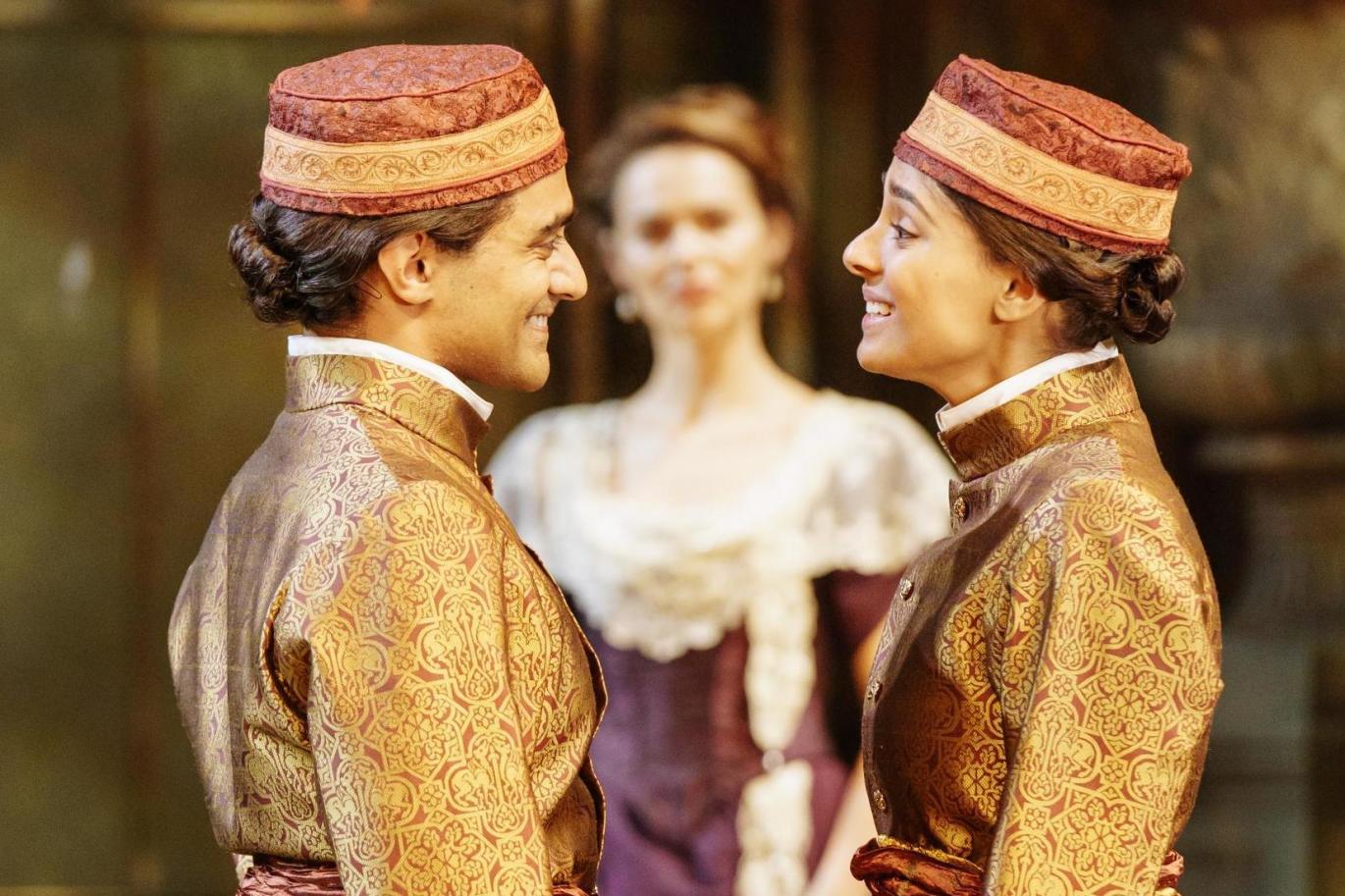How Does Twelfth Night Explore Gender Roles and Identity?
William Shakespeare's "Twelfth Night" is a delightful comedy that delves into the complexities of gender roles and identity. Set in the vibrant city of Illyria, the play presents a cast of characters who challenge societal norms and explore different aspects of gender and identity. This article examines how "Twelfth Night" explores these themes through various characters and their interactions.

I. Gender Roles In Elizabethan Society
During the Elizabethan era, gender roles were strictly defined and enforced. Men were expected to be strong, assertive, and dominant, while women were expected to be submissive, gentle, and chaste. These expectations influenced the behavior, dress, and social status of individuals in society.
- Men: Expected to be the head of the household, responsible for providing for the family and making decisions.
- Women: Expected to be obedient to their husbands, manage the household, and raise children.
These societal expectations play a significant role in shaping the characters and their actions in "Twelfth Night."
II. Viola's Disguise As Cesario
One of the most striking examples of gender exploration in "Twelfth Night" is Viola's decision to disguise herself as a man named Cesario. This disguise allows her to escape the limitations imposed on women in Elizabethan society and experience a different identity.
- Challenges Traditional Gender Roles: Viola's disguise as Cesario challenges the traditional gender roles by allowing her to engage in activities typically reserved for men, such as traveling alone, pursuing a career, and expressing her opinions freely.
- Exploration of a Different Identity: The disguise provides Viola with the opportunity to explore a different aspect of herself, one that is free from societal expectations and constraints.
- Significance of Viola's Name Change: The change from Viola to Cesario symbolizes Viola's transformation and her ability to adopt a new identity.
III. Malvolio's Misinterpretation Of Olivia's Love Letter

Malvolio's mistaken belief that Olivia is in love with him highlights the absurdity of rigid gender expectations and social hierarchy. Malvolio's actions and behavior reinforce the traditional gender roles and the power dynamics between men and women.
- Mistaken Belief: Malvolio's misinterpretation of Olivia's love letter as a declaration of love for him reveals his inflated sense of self-importance and his inability to see beyond traditional gender roles.
- Reinforcement of Traditional Gender Roles: Malvolio's actions, such as wearing yellow stockings and smiling excessively, reinforce the traditional expectations for men to be assertive and dominant.
- Consequences of Misinterpretation: Malvolio's misinterpretation leads to his downfall and humiliation, highlighting the consequences of adhering rigidly to societal expectations.
IV. Olivia's Pursuit Of Cesario
Olivia's attraction to Cesario (Viola in disguise) and her attempts to woo him challenge traditional gender roles by breaking societal norms and expectations. Olivia's actions subvert the traditional power dynamics between men and women.
- Challenge to Gender Norms: Olivia's pursuit of Cesario challenges the traditional expectation that women should be passive and submissive in matters of love and marriage.
- Breaking Societal Norms: Olivia's actions break societal norms by pursuing a man who is socially inferior to her and who she believes is a man.
- Significance of Olivia's Realization: Olivia's eventual realization of her love for Orsino and her acceptance of Viola as a woman highlight the fluidity of gender and the power of love to transcend societal expectations.
V. Sebastian's Arrival And The Resolution Of Gender Confusion
The arrival of Sebastian, Viola's twin brother, and the ensuing confusion caused by their identical appearance resolve the gender confusion and restore traditional gender roles. Sebastian's presence clarifies the true identities of Viola and Cesario, reaffirming the binary nature of gender.
- Resolution of Gender Confusion: Sebastian's arrival reveals the true identities of Viola and Cesario, resolving the gender confusion and restoring the traditional understanding of gender as binary.
- Restoration of Traditional Gender Roles: Sebastian's presence reinforces the traditional gender roles by reaffirming the distinction between men and women and the expectations associated with each gender.
- Significance of the Final Resolution: The final resolution, where Viola and Sebastian are reunited and Olivia and Orsino find love, reinforces the play's exploration of gender identity and societal expectations.
VI. Conclusion
"Twelfth Night" is a timeless comedy that explores the complexities of gender roles and identity. Through its diverse characters and their interactions, the play challenges traditional gender norms, examines the fluidity of gender, and highlights the power of love to transcend societal expectations. The play's enduring relevance lies in its ability to spark discussions about gender and identity, making it a valuable text for contemporary audiences.
YesNo

Leave a Reply